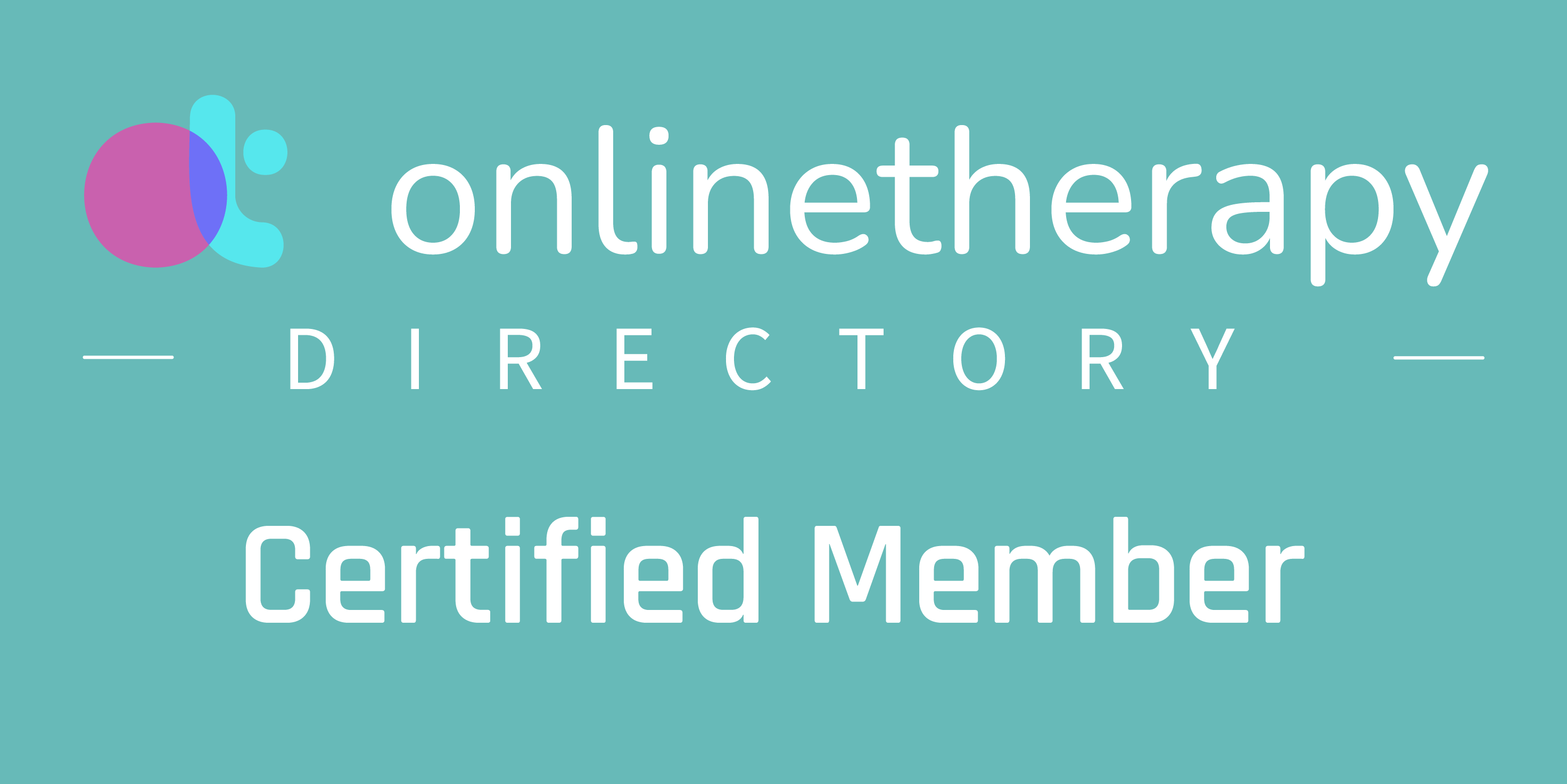The Loneliness Pandemic Among Men in 2024: Why Silence Hurts More Than You Think
Have you ever found yourself at the end of a long workday, surrounded by people, but feeling utterly alone? You’ve achieved professional success, yet there’s something missing. It’s not just that you’re busy or tired—there’s an emptiness that gnaws at you, a deep sense of isolation.
If any of this resonates with you, you’re not alone, and that might be part of the problem.
In 2024, we are facing a pandemic of loneliness among men. Studies show that men, especially those in the 35-55 age range, are reporting feelings of isolation at record levels. According to a survey by the American Psychological Association, over 60% of men say they don’t have someone they can confide in. In the UK, men are three times more likely than women to report feelings of isolation, and in the U.S., loneliness is now being linked to a range of health issues, including heart disease and early death.
Why Are So Many Men Lonely?
The truth is, many men have been conditioned to suppress their emotions. From an early age, society teaches men to be strong, independent, and self-reliant. You've likely been told not to cry, not to show weakness, and to solve problems on your own. While these traits might serve you well in your career, they can be a massive barrier to experiencing deep, meaningful relationships.
Does this sound familiar?
You can handle the stress of work, but when it comes to opening up to your partner or friends, you feel stuck.
You avoid talking about your emotions because you don’t want to burden others or, worse, seem “weak.”
Your relationships, while functional, often feel superficial. You crave more intimacy but don't know how to achieve it.
When you're with your family, you feel like you're playing a role rather than genuinely connecting.
These habits, while rooted in good intentions, often lead to feelings of loneliness. You might find yourself craving connection but not knowing where to begin. After all, how can you create intimacy if you've been taught that your emotions are the enemy?
The Cost of Silence
Loneliness doesn’t just affect how you feel—it impacts your health, both mentally and physically. Research shows that prolonged loneliness can be as damaging to your health as smoking 15 cigarettes a day. It increases your risk of anxiety, depression, and substance abuse. Worst of all, it silently erodes your ability to connect with others, perpetuating a cycle of isolation that can be hard to break.
When you think about your own life, how often have you truly allowed yourself to feel? How often do you ask for help or express what’s really on your mind? It’s not an easy question to answer, but it’s an important one.
Why Men Struggle With Emotions
For many men, the struggle with loneliness is deeply intertwined with the struggle to express emotions. You’ve been taught to be logical, assertive, and decisive—but rarely encouraged to explore vulnerability. You might even wonder, What would it look like if I actually shared what I was feeling with someone?
But the truth is, vulnerability doesn’t make you weak—it makes you human. And it’s through vulnerability that true intimacy is born, whether in your romantic relationships, friendships, or even professional connections.
How Mindfulness Can Help
So how do you break the cycle? This is where mindfulness comes in. Mindfulness practices help you reconnect with yourself in a non-judgmental way. By tuning into your thoughts and emotions without trying to change or suppress them, you can begin to understand the root of your loneliness.
Instead of avoiding uncomfortable feelings, mindfulness teaches you to sit with them, giving you the tools to process emotions in a healthy way. This awareness is the first step toward deeper connection—both with yourself and with others.
Imagine being able to:
Express what you truly feel without fear of judgment.
Cultivate relationships that feel emotionally fulfilling rather than obligatory.
Experience more joy and connection in both your personal and professional life.
Are You Ready to Change?
If any part of this post resonated with you, take a moment to reflect. Could it be that what you’re missing isn’t more success, but more connection?
Loneliness doesn’t have to be your reality. You can break the cycle, learn to connect deeply with others, and experience the intimacy you deserve. I’m here to help you make that shift.
If you’re ready to take the first step toward a more connected, fulfilled life, reach out today. Let’s talk about how mindfulness and emotional awareness can help you overcome loneliness and start living a life that feels full again
Call now to see if I can help.
You’ve taken the first step by acknowledging this feeling—now let’s work together to change it.


